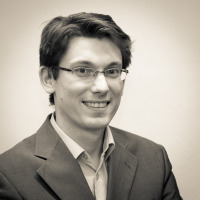Large scale reuse of FFP2 and N95 masks
The French version of this document.
Synthesis: this document proposes the reuse of FFP2 masks on a large scale thanks to the pre-existing sterilization and decontamination infrastructure in France. This initiative aims to avoid the amplification of the Covid-19 health crisis due to a shortage of masks for medical personnel, which would lead to additional contamination from the medical personnel themselves.
Within a week, this initiative would allow the reuse of 1 million masks per day for a cost of less than 4€ per mask from the first masks treated. The cost would probably be less than 1€ per mask if the operation is carried out on a large scale.
A process for the reuse of masks must meet two health requirements: (a) no cross-contamination of successive wearers and (b) the mask retains its filtering properties despite successive reuse.
During the week of March 23, 2020, two separate processes for the re-use of masks were validated, each by two independent organizations. These two processes each allow a very large number of masks to be handled within a very short period of time.
The CDC has already identified a dozen protocols. These protocols vary according to several criteria: cost, risk, ease of implementation, number of possible reuses, etc. The feasibility and risk control of a protocol for reusing FFP2 masks on a very large scale is therefore a certainty to date.
I call for the immediate implementation of a collection system for used FFP2 masks. If FFP2 masks are not properly collected after use, there will be no possibility for reuse after all.
I call on ANSM and ANSES to authorise, immediately and provisionally, the two processes already identified for the reuse of masks, and to gradually adjust its position as these processes are refined by the actors executing such initiatives themselves.
Acknowledgements (in no particular order) : the Ionisos company, the Bioquell company, the FM Logistic company, the ArianeGroup company, the ASLOG association, Godefroy Beauvallet, Fabian Hoehner, the Corps des Mines.
Document : download PDF
